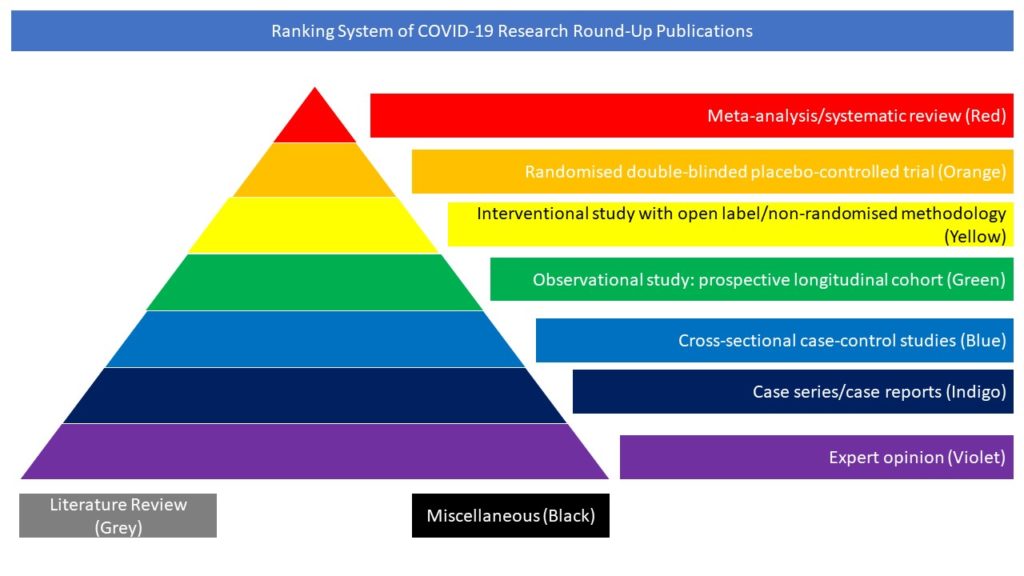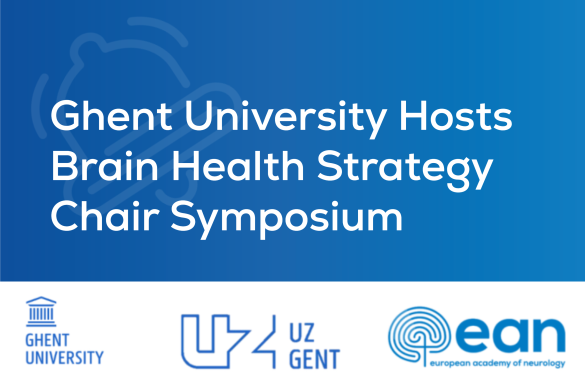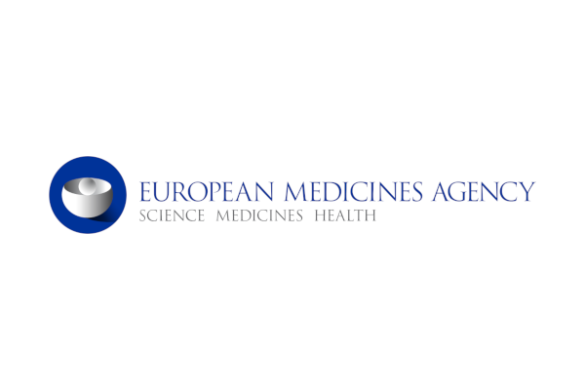Meta-analysis/systematic review (Red)
Read on for our highlighted selection of COVID-19-related meta-analyses and systemic reviews from the scientific press for December 2022:
- AI-CoV Study: Autoimmune Encephalitis Associated With COVID-19 and Its Vaccines-A Systematic Review
- Safety and Outcome of Revascularization Treatment in Patients With Acute Ischemic Stroke and COVID-19: The Global COVID-19 Stroke Registry
AI-CoV Study: Autoimmune Encephalitis Associated With COVID-19 and Its Vaccines-A Systematic Review
Autoimmune encephalitis (AIE) following coronavirus disease 2019 (COVID-19) is an underexplored condition. This study aims to systematically review the clinico-investigational and pathophysiologic aspects of COVID-19 and its vaccines in association with AIE and identify the factors predicting neurological severity and outcomes. Relevant data sources were searched using appropriate search terms on January 15, 2022. Studies meeting the criteria for AIE having a temporal association with COVID-19 or its vaccines were included. Out of 1,894 citations, we included 61 articles comprising 88 cases: 71 of COVID-19-associated AIE, 3 of possible Bickerstaff encephalitis, and 14 of vaccine-associated AIE. There were 23 definite and 48 possible seronegative AIE cases. Anti-NMDAR (N-methyl-D-aspartate receptor; n=12, 16.9%) was the most common definite AIE. Males were more commonly affected (sex ratio=1.63) in the AIE subgroup. The neurological symptoms included altered mental state (n=53, 74.6%), movement disorders (n=28, 39.4%), seizures (n=24, 33.8%), behavioral (n=25, 35.2%), and speech disturbances (n=17, 23.9%). The median latency to AIE diagnosis was 14 days (interquartile range=4-22 days). Female sex and ICU admission had higher risks of sequelae, with odds ratio (OR) of 2.925 (95% confidence interval [CI]=1.005-8.516) and 3.515 (95% CI=1.160-10.650), respectively. Good immunotherapy response was seen in42/48 (87.5%) and 13/13 (100%) of COVID-19-associated and vaccine-associated AIE patients, respectively. Sequelae were reported in 22/60 (36.7%) COVID-19 associated and 10/13 (76.9%) vaccine-associated cases. The authors concluded that this study has revealed diagnostic, therapeutic, and pathophysiological aspects of AIE associated with COVID-19 and its vaccines, and its differences from postinfectious AIE.
Samim MM, Dhar D, Goyal S, Dey T, Parvin N, Shah RD, Singh V, Chowdhury S, Lal BM, Varghese N, Gohel A, Chowdhury A, Chatterjee A, Siddiqui S. AI-CoV Study: Autoimmune Encephalitis Associated With COVID-19 and Its Vaccines-A Systematic Review. J Clin Neurol. 2022 Nov;18(6):692-710. doi: 10.3988/jcn.2022.18.6.692.
Safety and Outcome of Revascularization Treatment in Patients With Acute Ischemic Stroke and COVID-19: The Global COVID-19 Stroke Registry
COVID-19 related inflammation, endothelial dysfunction and coagulopathy may increase the bleeding risk and lower efficacy of revascularization treatments in patients with acute ischemic stroke. In this article the authors aimed to evaluate the safety and outcomes of revascularization treatments in patients with acute ischemic stroke and COVID-19. This retrospective multicenter cohort study included consecutive patients with acute ischemic stroke receiving intravenous thrombolysis (IVT) and/or endovascular treatment (EVT) between March 2020 and June 2021, tested for SARS-CoV-2 infection. With a doubly-robust model combining propensity score weighting and multivariate regression, the authors studied the association of COVID-19 with intracranial bleeding complications and clinical outcomes. Subgroup analyses were performed according to treatment groups (IVT-only and EVT). Of a total of 15128 included patients from 105 centers, 853 (5.6%) were diagnosed with COVID-19. 5848 (38.7%) patients received IVT-only, and 9280 (61.3%) EVT (with or without IVT). Patients with COVID-19 had a higher rate of symptomatic intracerebral hemorrhage (SICH) (adjusted odds ratio [OR] 1.53; 95% CI 1.16–2.01), symptomatic subarachnoid hemorrhage (SSAH) (OR 1.80; 95% CI 1.20–2.69), SICH and/or SSAH combined (OR 1.56; 95% CI 1.23–1.99), 24-hour (OR 2.47; 95% CI 1.58–3.86) and 3-month mortality (OR 1.88; 95% CI 1.52–2.33). COVID-19 patients also had an unfavorable shift in the distribution of the modified Rankin score at 3 months (OR 1.42; 95% CI 1.26–1.60). The authors concluded underlying that patients with acute ischemic stroke and COVID-19 showed higher rates of intracranial bleeding complications and worse clinical outcomes after revascularization treatments than contemporaneous non-COVID-19 treated patients. Current available data does not allow direct conclusions to be drawn on the effectiveness of revascularization treatments in COVID-19 patients, or to establish different treatment recommendations in this subgroup of patients with ischemic stroke. These findings can be taken into consideration for treatment decisions, patient monitoring and establishing prognosis.
Marto JP, Strambo D, Ntaios G, Nguyen TN, Herzig R, Czlonkowska A, et al. Safety and Outcome of Revascularization Treatment in Patients With Acute Ischemic Stroke and COVID-19: The Global COVID-19 Stroke Registry. Neurology. 2022 Nov 9:10.1212/WNL.0000000000201537. doi: 10.1212/WNL.0000000000201537.













